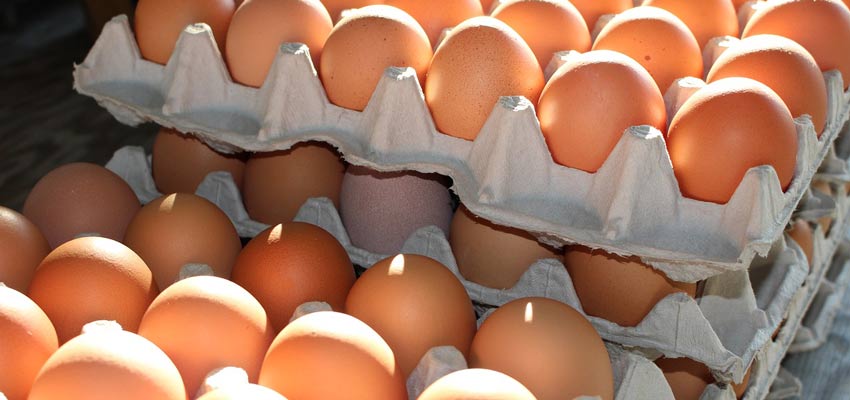There is apparently a shortage of fresh chicken eggs in the US. European egg producers are supposed to be helping out with exports, but do we have enough eggs ourselves for our colourful Easter nests?
It is questionable whether it makes sense to transport fresh eggs by ship across the Atlantic. In a shipping container, this takes at least 1-2 weeks and would only be possible with short-term approval from the US Department of Agriculture. However, more pressing questions in this country are: Will we in Europe still have enough eggs for our Easter nests? Will prices continue to skyrocket before Easter?
Will this possibly result in non-marketable eggs coming onto the tight market?
To prevent this, we recommend increased quality control, especially for unwanted residues. A few years ago, there was an egg scandal shortly before Easter involving eggs contaminated with dioxin-like PCBs. Now, the persistent chemicals PFAS (per- and polyfluorinated alkyl substances) have come under the scrutiny of food inspectors.
YOUR PLUS: AGROLAB laboratories are prepared for additional egg testing shortly before Easter. Our recommendation: adapt control plans seasonally and have eggs and egg products tested for unwanted residues in good time.
Author: Dr Frank Mörsberger
Further information on previous cases of dioxin contamination in chicken eggs (in German):

 Contact
Contact

 Contact
Contact Career
Career